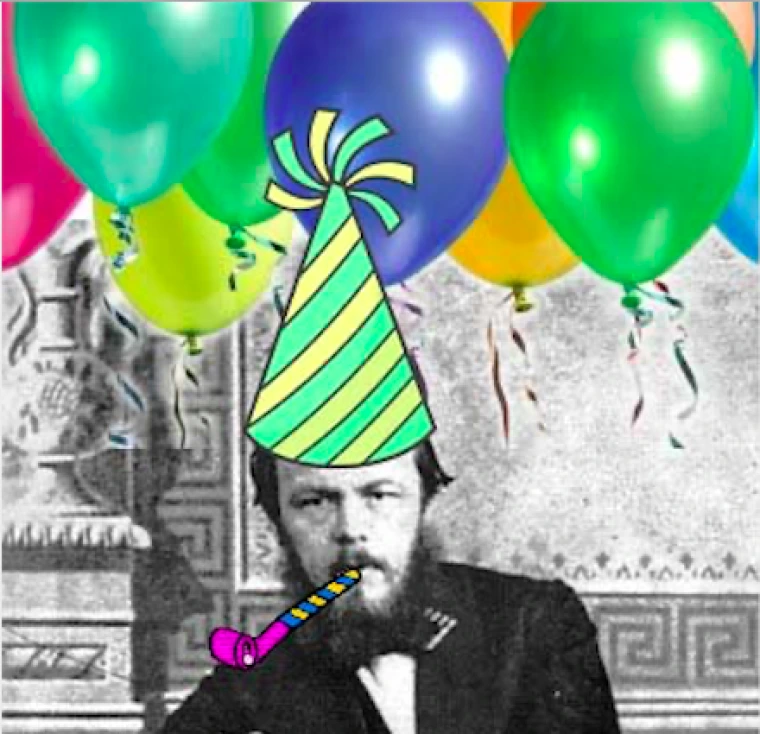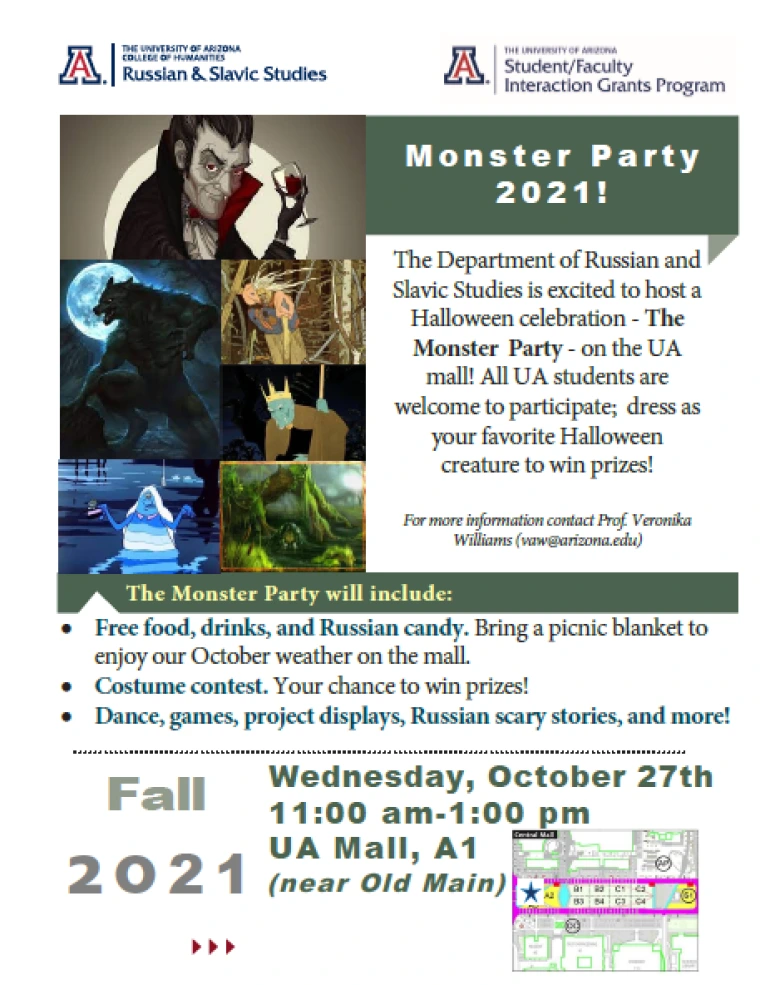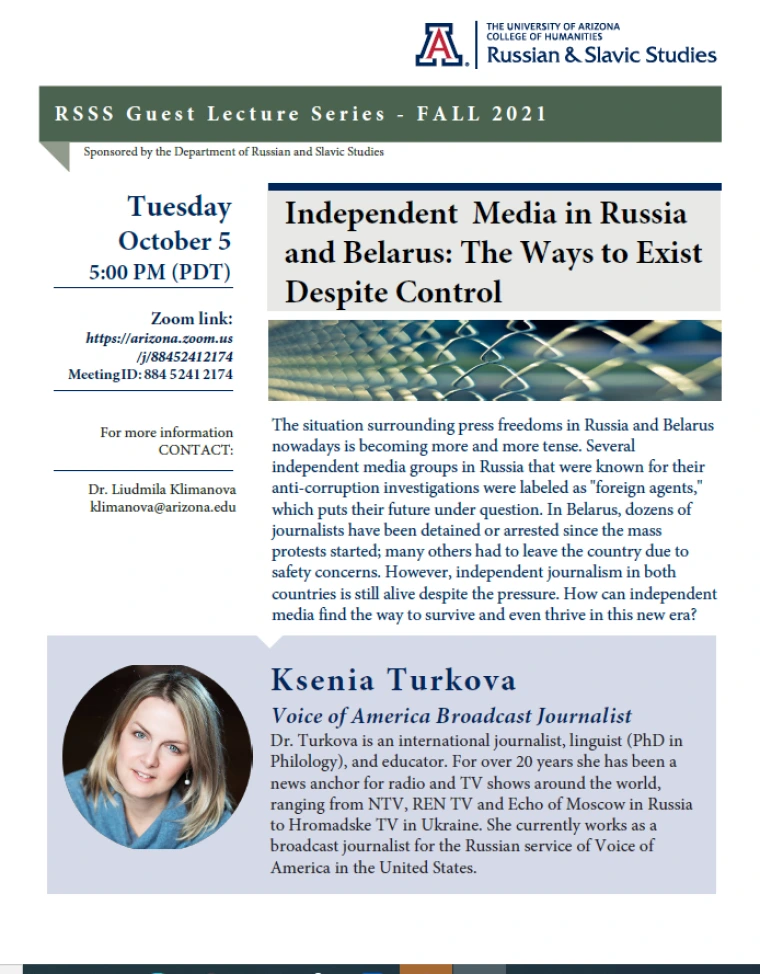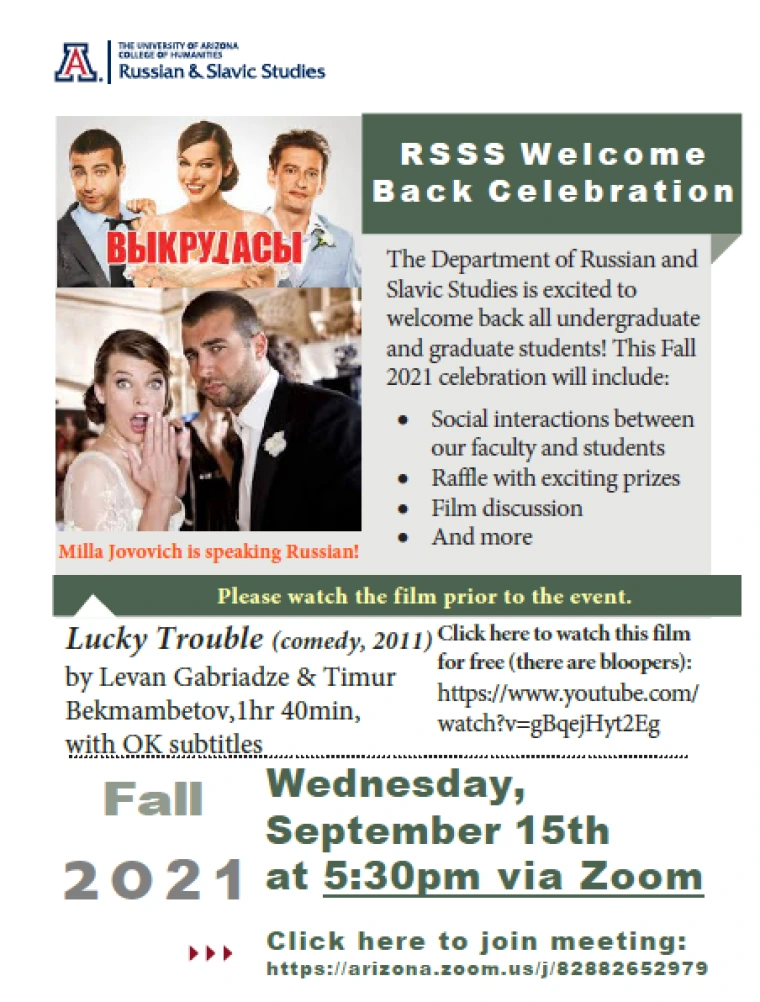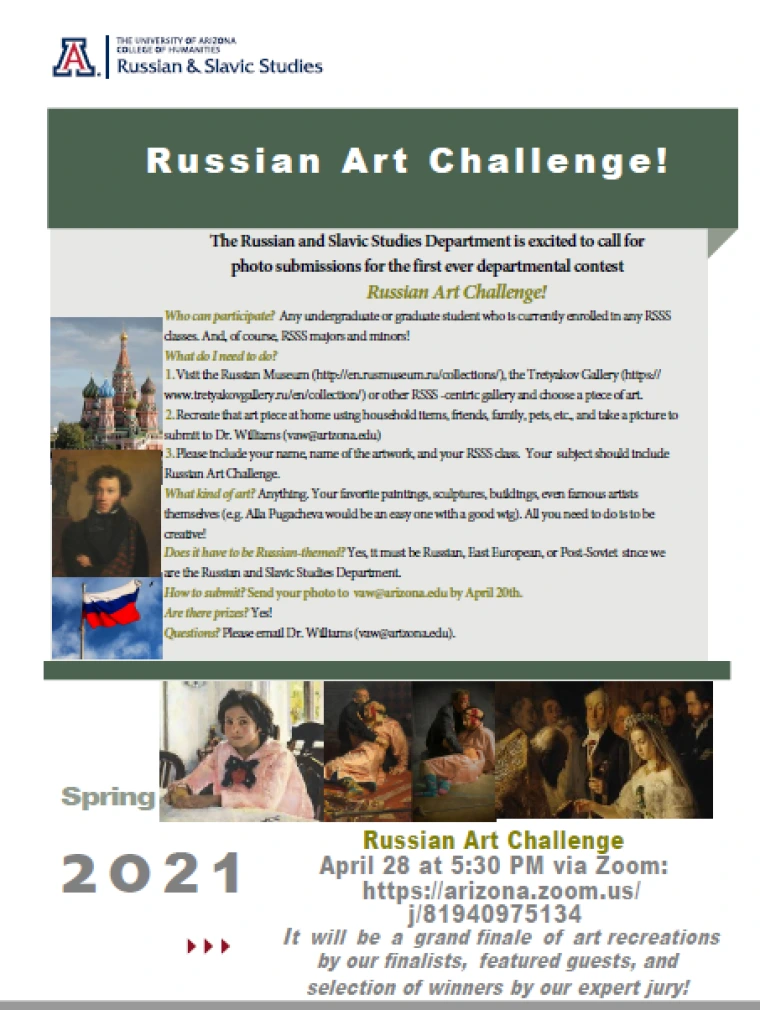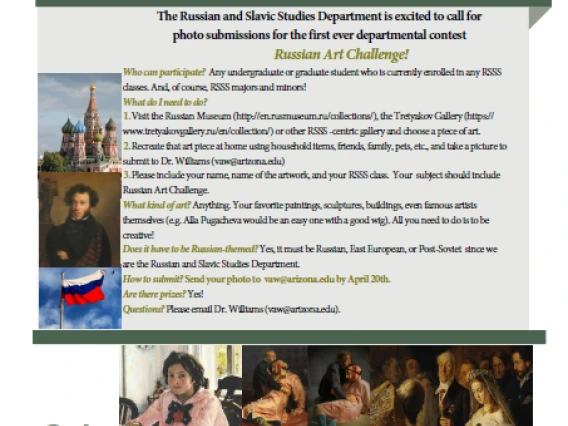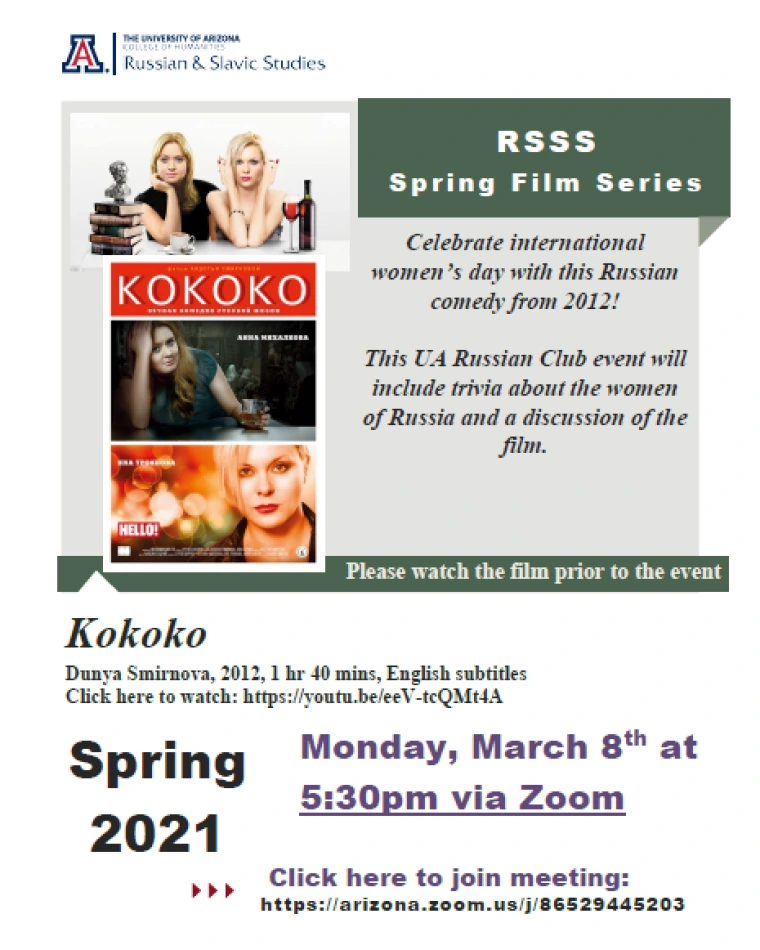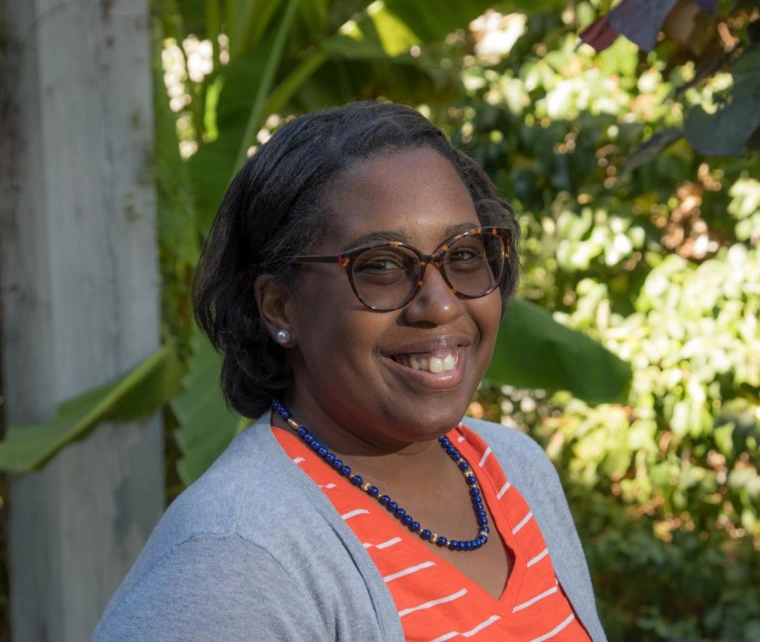Where
UA Poetry Center, Dorothy Rubel Room, 1508 E. Helen St.
The dark recesses of human imagination have always been haunted by scary and shadowy figures. Zombies, vampires and ghastly spirits emerge in story and legend, across different cultures and times, representing fear of the unknown. But they also become forbidden thrills, taboos that indulge our sense of mystery and danger. Why do we seek out the spine-tingling, the eerie, and the uncanny? What do they tell us about ourselves and our world? And what happens to monsters when they go Hollywood?
College of Humanities Faculty Panelists:
Joela Jacobs, Assistant Professor, German Studies
Colleen Lucey, Assistant Professor, Russian & Slavic Studies
Lucy Swanson, Assistant Professor, French & Italian
Eddy White, Associate Professor of Practice, Public & Applied Humanities
Musical accompaniment by Suzanne Thompson, Assistant Professor of Practice, Russian & Slavic Studies
* Live Stream will be available.
